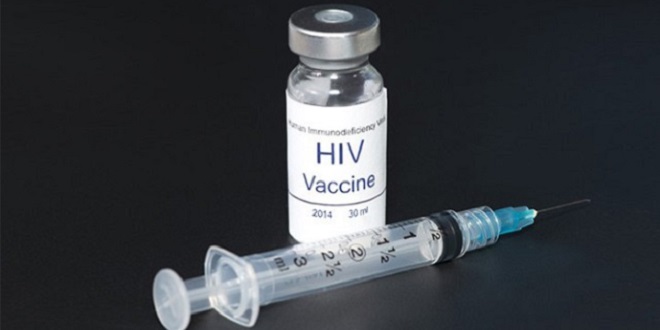
Kampala, Uganda | THE INDEPENDENT | Healthcare managers have been urged to invest more in woman-centred programs that offer a full range of contraceptive choices concurrently with HIV prevention strategies.
The call was made by Dr Brenda Mirembe Gatti, an HIV Researcher based at the Makerere University John Hopkins University Research Center (MUJHU) in Mulago, following Results of the Evidence for Contraceptive Options and HIV Outcomes (Echo) study which has been reviewing the incidence of HIV among users of contraceptives – IUD, implant and Depo – Provera.
The study was carried out among 7, 829 sexually active HIV negative women aged 16 to 35 in four countries with settings of high HIV incidence ‒ eSwatini, Kenya, South Africa and Zambia. It was based on fears of what seemed like a relationship between Depo Provera and HIV infections in a number of African countries.
A review of dozens of studies had suggested that users of the birth control shot had between 20 and 60 per cent chances of contracting HIV compared to women who did not rely on the hormone-based contraceptive. But the studies were never conclusive raising more questions on how a birth control measure can become disastrous.
The questions and fear arising led to a greater need to address the concern that had put women on tension for decades. In the subsequent study, women seeking birth control were assigned one of three contraceptive methods — a three-monthly shot of Depo-Provera, a copper implant inserted into the uterus; or a small, hormone-based upper arm implant known as Jadelle. They were allowed to receive ongoing health services, including counselling on HIV prevention and care, screening and treatment for sexually transmitted infections.
In the end, The Echo found no substantial difference in the rates of HIV infection among the three groups. The findings of the study released at the South African Aids Conference in Durban Thursday and published in The Lancet, showed that the three-month shot does not increase a woman’s risk of HIV infection.
“From what we can see there is no increased risk from any of those three methods in terms of increasing your chances of contracting HIV”, Helen Rees, the executive director of the Wits Reproductive Health Institute said in a statement. Rees is a member of the five-person committee that led the study.
However, the incidence of HIV was exceptionally high especially among women below 26 years of age with 4 in every batch of 100 women testing positive. This happened even as women had access to counselling, condoms and Pre Exposure Prophylaxis (PrEP) drugs.
Dr Brenda Mirembe Gatti, said that while its good news that women can continue using the contraceptives with confidence, it was also a wakeup call to show that available prevention methods – condoms and PrEP are not enough for sustainable gains to be made in bringing new infections down.
She said that the findings show a need for newer methods like the vaginal ring, PrEP injection and others that are being studied to be explored.
“We also now need to understand the challenges women face that limit their adherence to reproductive and sexual health commodities”, she said, adding that the commodities are good for women in Uganda where use of one of the products studied – the injection contraceptive is high yet even uncertainty about the link between this and HIV acquisition existed.
In 2014, the World Health Organization declared that data on the safety of injectables was inconclusive and made a call for more research and ECHO is the first large study to address these questions.
*****
URN
 The Independent Uganda: You get the Truth we Pay the Price
The Independent Uganda: You get the Truth we Pay the Price



